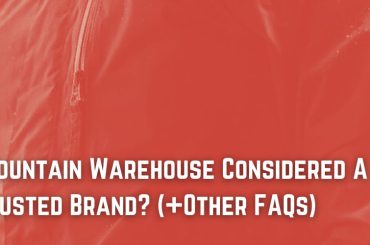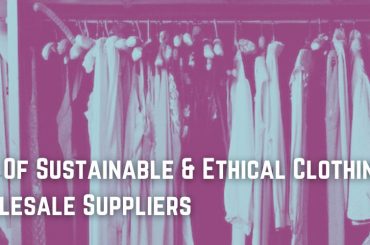MSRP stands for “Manufacturer’s Suggested Retail Price.” It refers to the price at which the manufacturer recommends retailers to sell their products to consumers.
MSRP serves as a suggested guideline or reference point for pricing, indicating the value that the manufacturer believes the item is worth in the retail market.
In the context of clothes, the MSRP represents the price that the clothing manufacturer suggests for a particular garment.
Table Of Contents
What Is The Difference Between MSRP And Retail Price?
The difference between MSRP (Manufacturer’s Suggested Retail Price) and retail price lies in their purpose and origin:
MSRP
MSRP is a reference point provided by the manufacturer to guide retailers in setting prices for the items. The MSRP is typically based on factors such as production costs, desired profit margin, market competition, and perceived value of the product.

It serves as a suggested guideline for retailers, but they have the flexibility to set their own prices.
Retail Price
The retail price is the actual price at which a product is sold to consumers in a retail store or online marketplace. It is the amount that customers pay to purchase the item.
Retailers have the discretion to set the retail price based on various factors such as their business strategy, operating costs, competition, market demand, and pricing objectives. The retail price may or may not align with the MSRP.
Is MSRP The Same As Wholesale?
No, MSRP (Manufacturer’s Suggested Retail Price) and wholesale price are not the same. They represent different stages of the supply chain and pricing structure:
MSRP
The MSRP is the price suggested by the manufacturer for retailers to sell the product to consumers. It is the recommended selling price that the manufacturer believes the product should be offered to customers in the retail market.
Wholesale Price
The wholesale price is the price at which manufacturers or distributors sell products in bulk quantities to retailers or other businesses.

It is typically lower than the MSRP because it allows retailers to purchase products at a discounted price, enabling them to make a profit when they sell the products to end consumers.
Do You Have To Sell Items At MSRP?
No, as a retailer, you are not obligated to sell items at the Manufacturer’s Suggested Retail Price (MSRP).
The MSRP serves as a recommended guideline provided by the manufacturer, but you have the flexibility to set your own prices for the products you sell.
You can choose to sell items at the MSRP, below the MSRP as a promotional offer, or even above the MSRP if you believe the product warrants a higher price.
Conclusion
The Manufacturer’s Suggested Retail Price (MSRP) and the retail price are not the same. The MSRP is a suggested price provided by the manufacturer as a reference for retailers, but it is not mandatory to sell items at that price.
While the MSRP provides guidance, retailers can choose to sell items below, above, or at the suggested price. The decision on pricing depends on factors specific to each retailer, including their business objectives, market conditions, and pricing strategies.
Ultimately, retailers have the flexibility to determine the prices at which they sell products, considering factors beyond the MSRP, to meet their business goals and cater to their target market.




